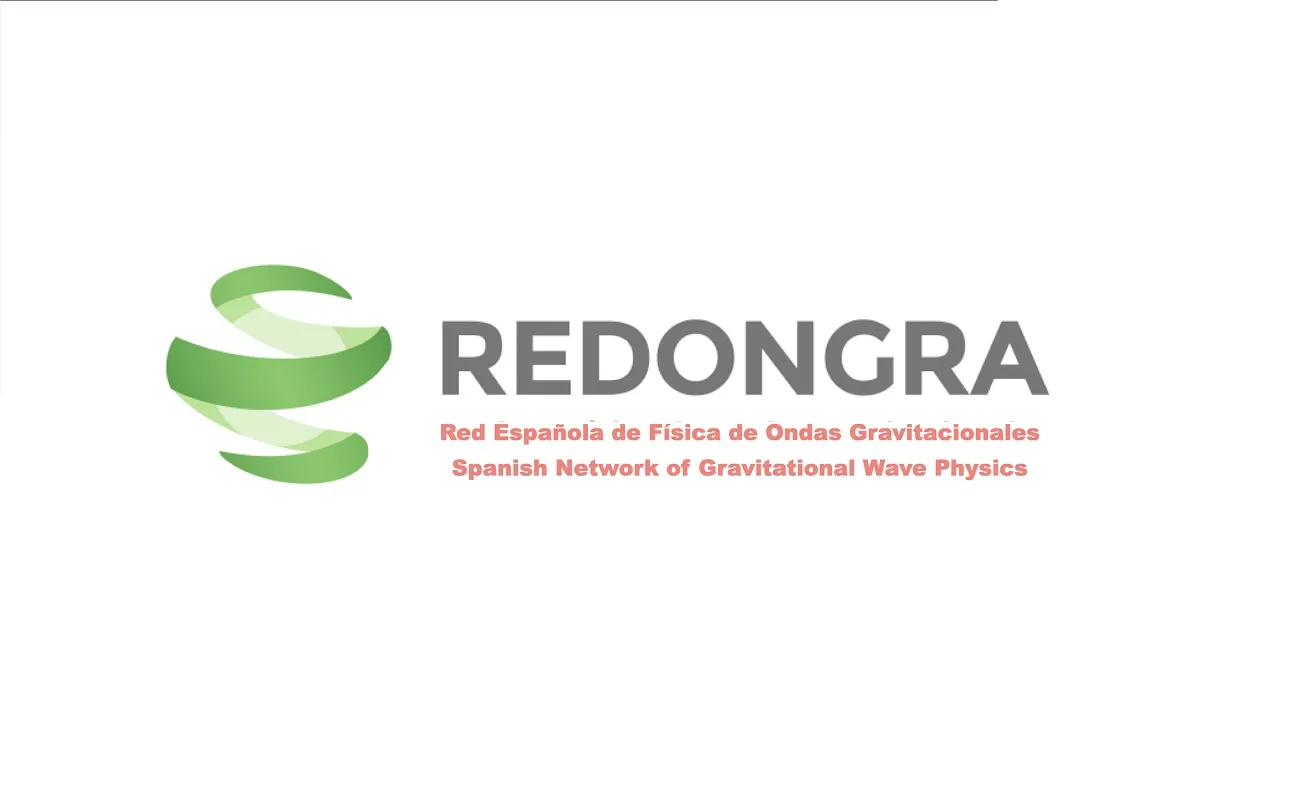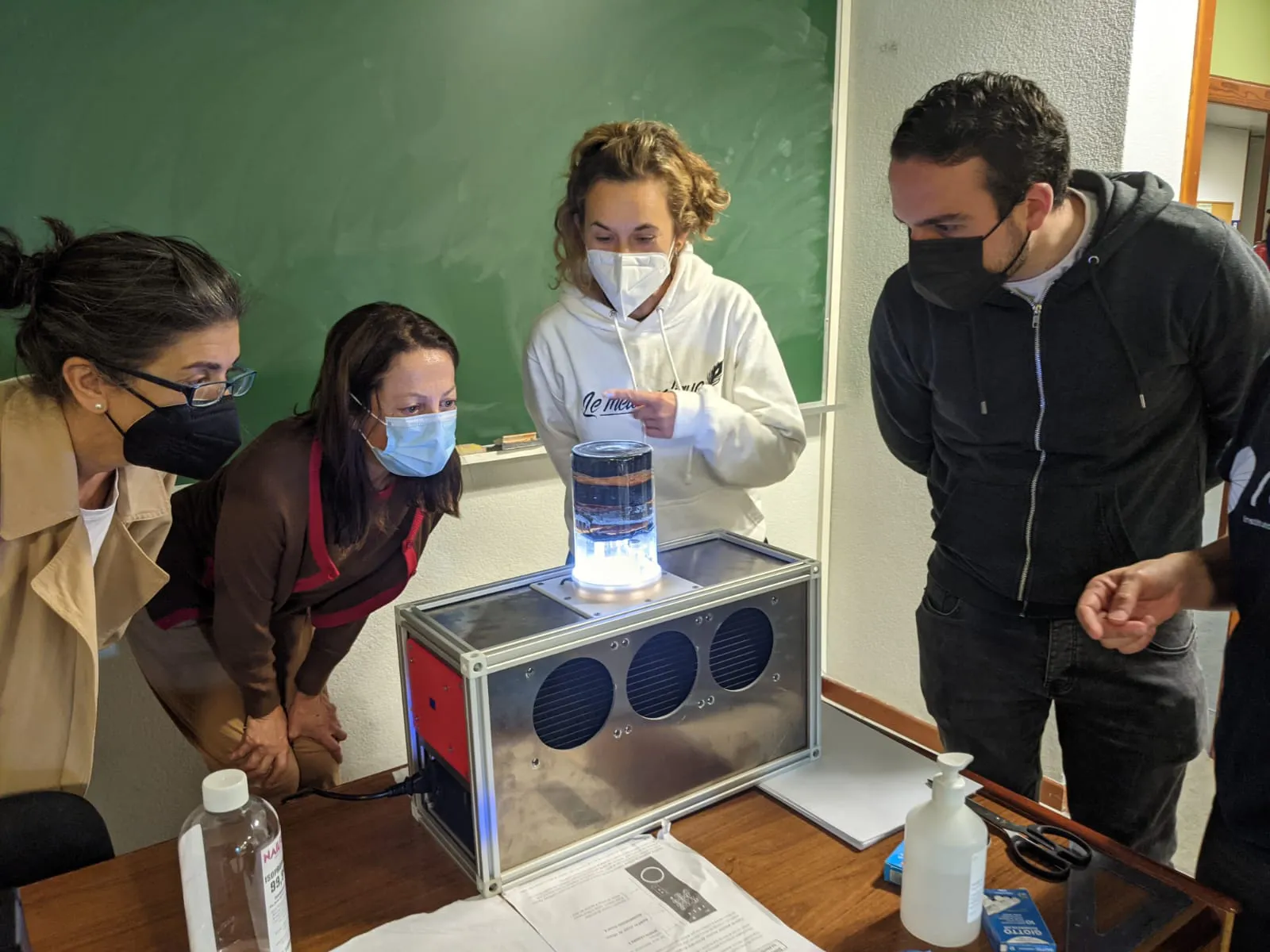O IGFAE únese a REDONGRA, unha rede para impulsar a ciencia de ondas gravitacionais en España



07.06.2024

O Centro de Estudos Avanzados de Vista Alegre acolleu esta semana o encontro “Data Science in Fundamental Physics and the bridge to industry & society”, organizado polo Instituto Galego de Física de Altas Enerxías (IGFAE), centro mixto da USC e a Xunta de Galicia. Neste evento, máis dun cento de persoas puideron coñecer como a ciencia de datos, unha disciplina que está a experimentar un notable crecemento nos últimos anos, achega un grande abano de solucións á sociedade en todo tipo de aplicacións diarias.
O encontro comezou o pasado luns, coa escola “Data Science in Fundamental Physics”, na que máis de 60 estudantes -principalmente alumnado de máster e doutoramento en Física, Matemáticas ou Enxeñaría Informática- coñeceron da man dos docentes Glen Cowan (Universidade de Londres) e Pietro Vischia (Universidade de Oviedo), diversas claves no manexo de probabilidade, estatística e aprendizaxe automática.
A continuación, durante o xoves e o venres desenvolveuse un simposio, coa participación de representantes de 20 empresas e institucións que usan a ciencia de datos no seu traballo diario, desde moi diversas perspectivas e aplicacións. O vicerreitor de Transformación Dixital e Innovación da USC, Gumersindo Feijoo, abriu na mañá do xoves este evento, acompañado polo secretario xeral de Industria e Desenvolvemento Enerxético da Consellería de Economía e Industria, Nicolás Vázquez, o director do IGFAE, Carlos Salgado, e o presidente do Comité Organizador, Lorenzo Cazón.
Durante as dúas xornadas de simposio, os e as poñentes achegaron como o manexo de grandes de cantidades de información contribúe a mellorar os servizos á sociedade en aspectos como a predición meteorolóxica, industria naval ou téxtil, loxística, sanidade, investigación xenómica, contaminación atmosférica, aprendizaxe automática, loxística, agricultura ou gandería.
Neste sentido, o simposio serviu tamén como espazo de encontro entre academia e industria, diante da crecente demanda de alumnado e persoal investigador de disciplinas STEM en empregos relacionados coa ciencia de datos. Igualmente, tendéronse pontes de colaboración co mundo da empresa, co obxectivo de explorar proxectos conxuntos e outras oportunidades de financiamento.
Sobre o IGFAE
O Instituto Galego de Física de Altas Enerxías (IGFAE) é un centro de investigación creado en 1999, co obxectivo de fomentar e coordinar a investigación científica e técnica no campo da física de altas enerxías, astropartículas e nuclear. O seu persoal participa nalgunhas das colaboracións científicas máis importantes do mundo. Actualmente, o seu equipo está composto por unhas 130 persoas.
O traballo científico do IGFAE foi recoñecido, en dúas ocasións, coa acreditación como Unidade de Excelencia María de Maeztu, que outorga a Axencia Estatal de Investigación. O centro tamén forma parte da Rede de Centros de Excelencia da Xunta de Galicia, que acredita a calidade e impacto da súa investigación.
